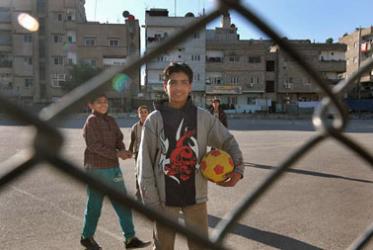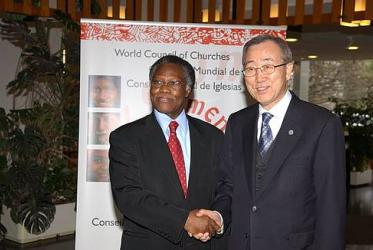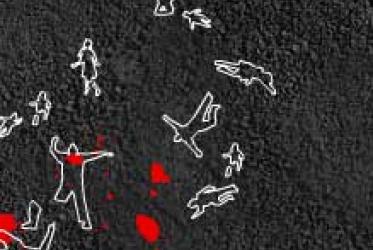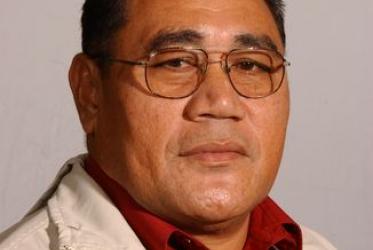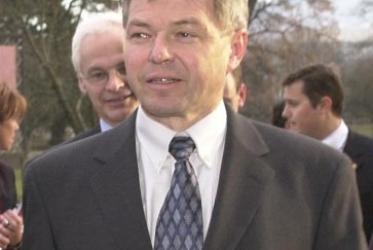Displaying 1561 - 1580 of 1591
Churches meet to analyze climate change related emergencies
24 September 2008
Bringing hope to a broken world
14 April 2008
WCC calls for UN fact finding mission to Papua
17 March 2008
WCC statements address climate change, other topics
20 February 2008
Church statements should have roots in scripture
19 February 2008


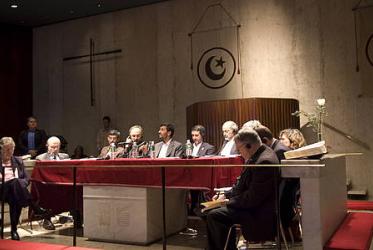



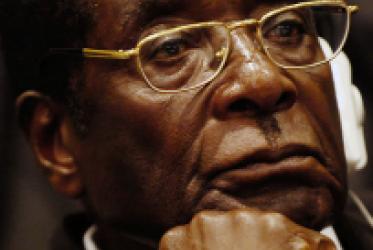


!["All Iraqis are trying to leave," Clara - a young woman working for the Greek Orthodox Patriarchate in Damascus and a refugee herself - told the WCC delegation. "Since one year the United Nations tell us that they will find a solution [for Iraqi refugees in the region], but nothing happens." "All Iraqis are trying to leave," Clara - a young woman working for the Greek Orthodox Patriarchate in Damascus and a refugee herself - told the WCC delegation. "Since one year the United Nations tell us that they will find a solution [for Iraqi refugees in the region], but nothing happens."](/sites/default/files/styles/teaser/public/newsItem/wjV59XHs.jpeg?itok=YIkp9xNl)
